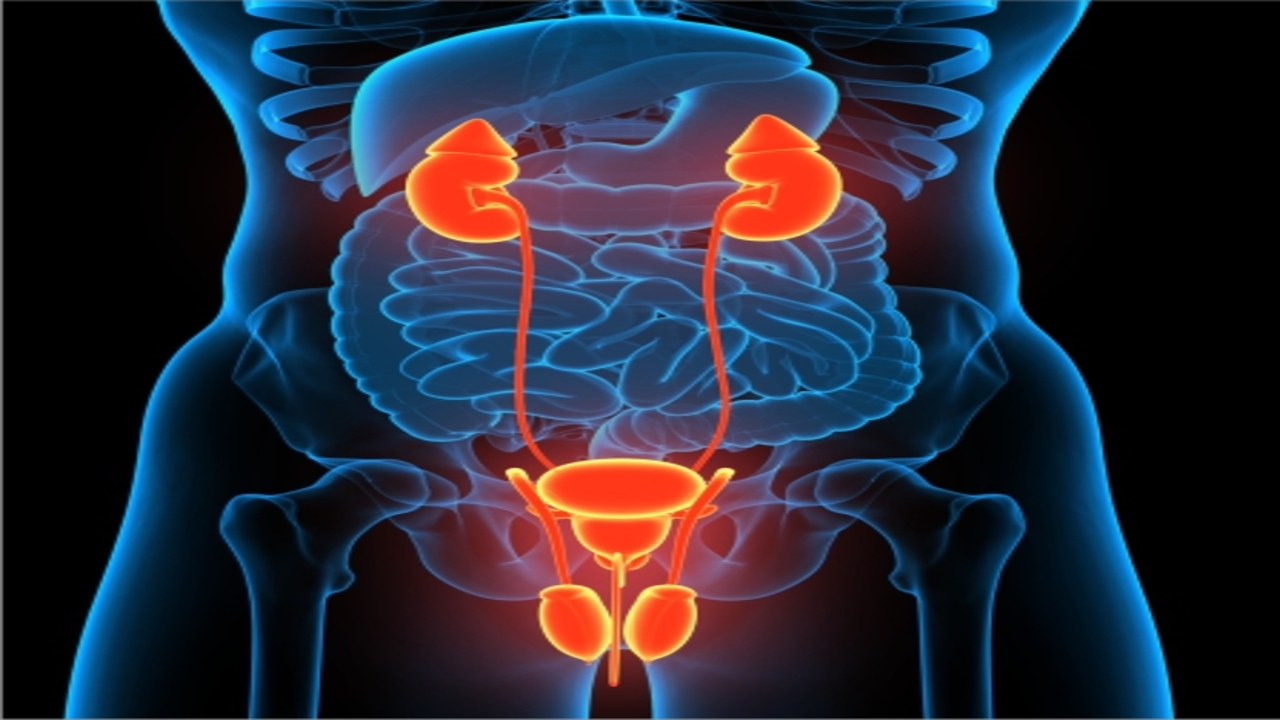Blog
Overactive Bladder Symptoms? 5 Lifestyle Changes Doctors Recommend

An overactive bladder (OAB) is a common condition that affects millions of people worldwide. It is characterized by sudden and frequent urges to urinate, often disrupting daily life and sleep. While medication can help, doctors often recommend simple lifestyle changes that can reduce the symptoms naturally.
Here are 5 effective lifestyle changes for managing an overactive bladder:
1. Watch Your Drinks
Certain beverages like coffee, tea, soda, alcohol, and even citrus juices such as orange or lemon juice can irritate the bladder lining and worsen the urge to urinate. Instead, drink more water, herbal teas, or non-citrus juices to keep the bladder calm.
2. Maintain a Healthy Diet
Spicy foods, artificial sweeteners, and processed items can trigger bladder irritation. A balanced diet with fruits, vegetables, whole grains, and fiber-rich foods helps improve bladder control and prevents constipation, which can worsen OAB.
3. Bladder Training
Doctors recommend scheduling bathroom visits instead of rushing every time you feel the urge. Gradually increase the time between trips to train your bladder to hold urine for longer periods. This practice can significantly reduce urgency and frequency.
4. Pelvic Floor Exercises (Kegels)
Strengthening the pelvic floor muscles improves bladder control. Regular Kegel exercises are effective in both men and women for reducing leakage and controlling sudden urges.
5. Maintain a Healthy Weight
Excess weight puts pressure on the bladder and pelvic muscles, making OAB symptoms worse. Losing even a small amount of weight can ease pressure and improve bladder function.
Conclusion
Overactive bladder is not just a medical issue but a lifestyle-related condition that can be managed with simple changes. By avoiding irritant drinks, improving diet, practicing bladder training, exercising pelvic muscles, and maintaining a healthy weight, you can regain better bladder control. If symptoms persist, consult a urologist or healthcare provider for professional guidance.
- Trending








